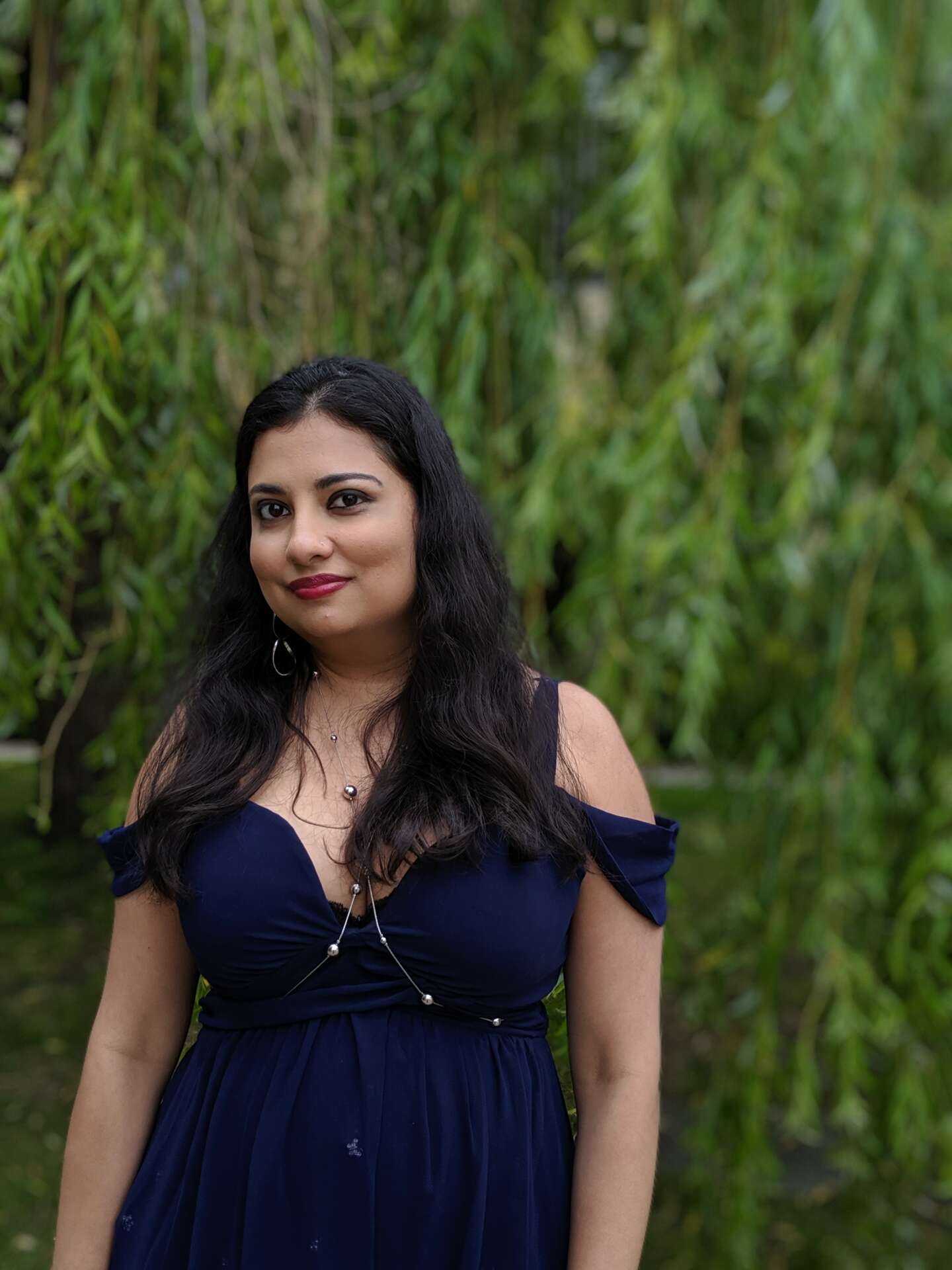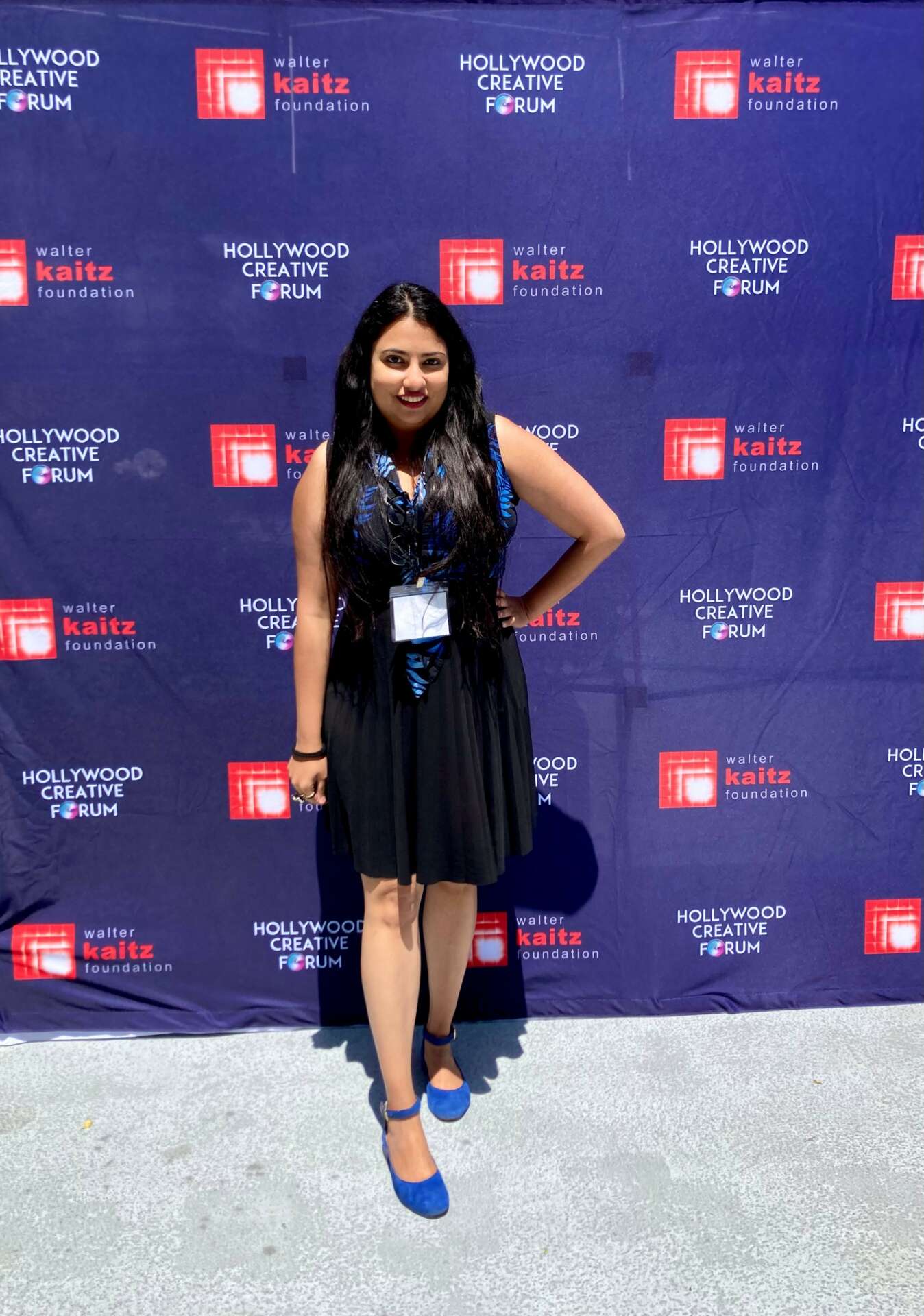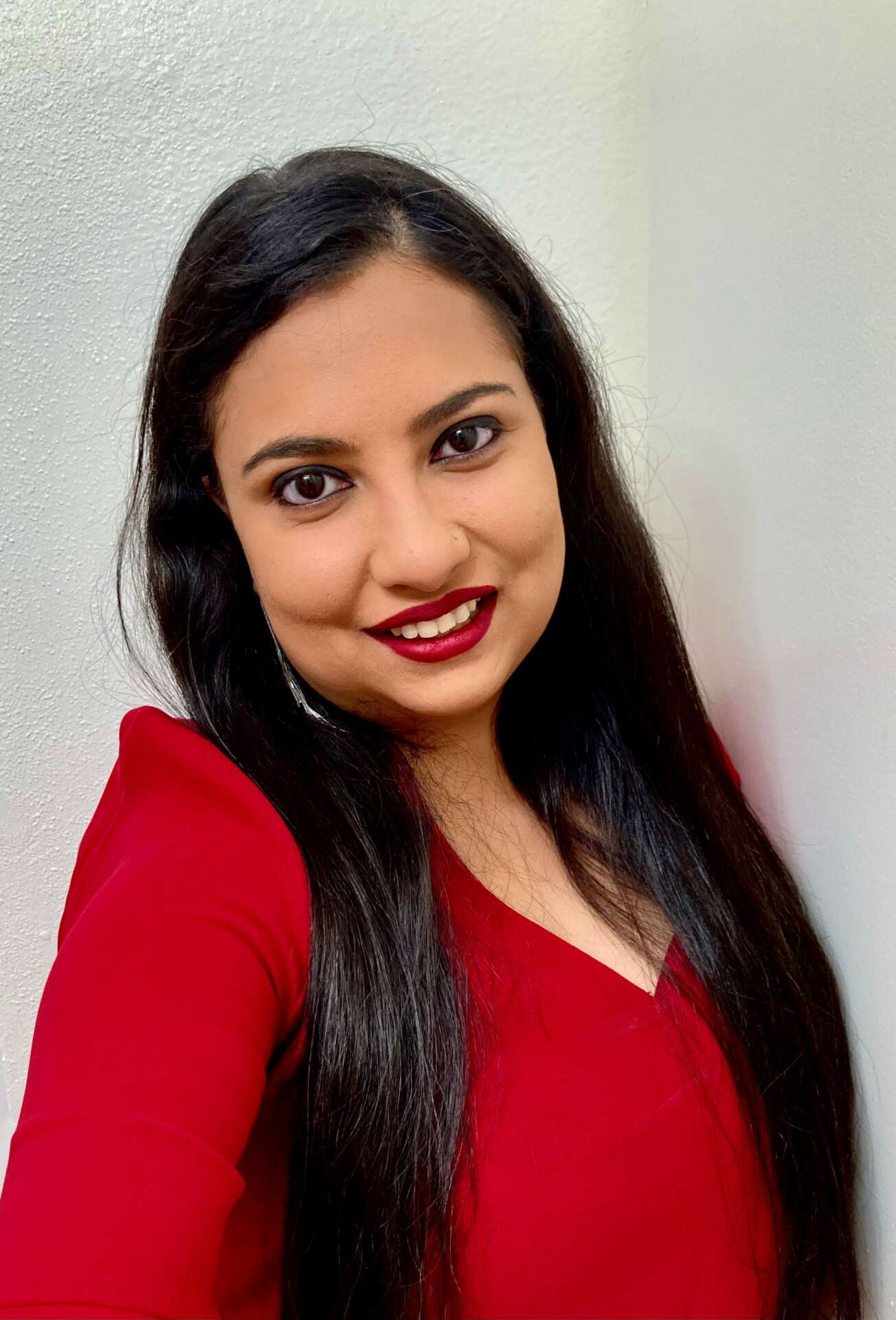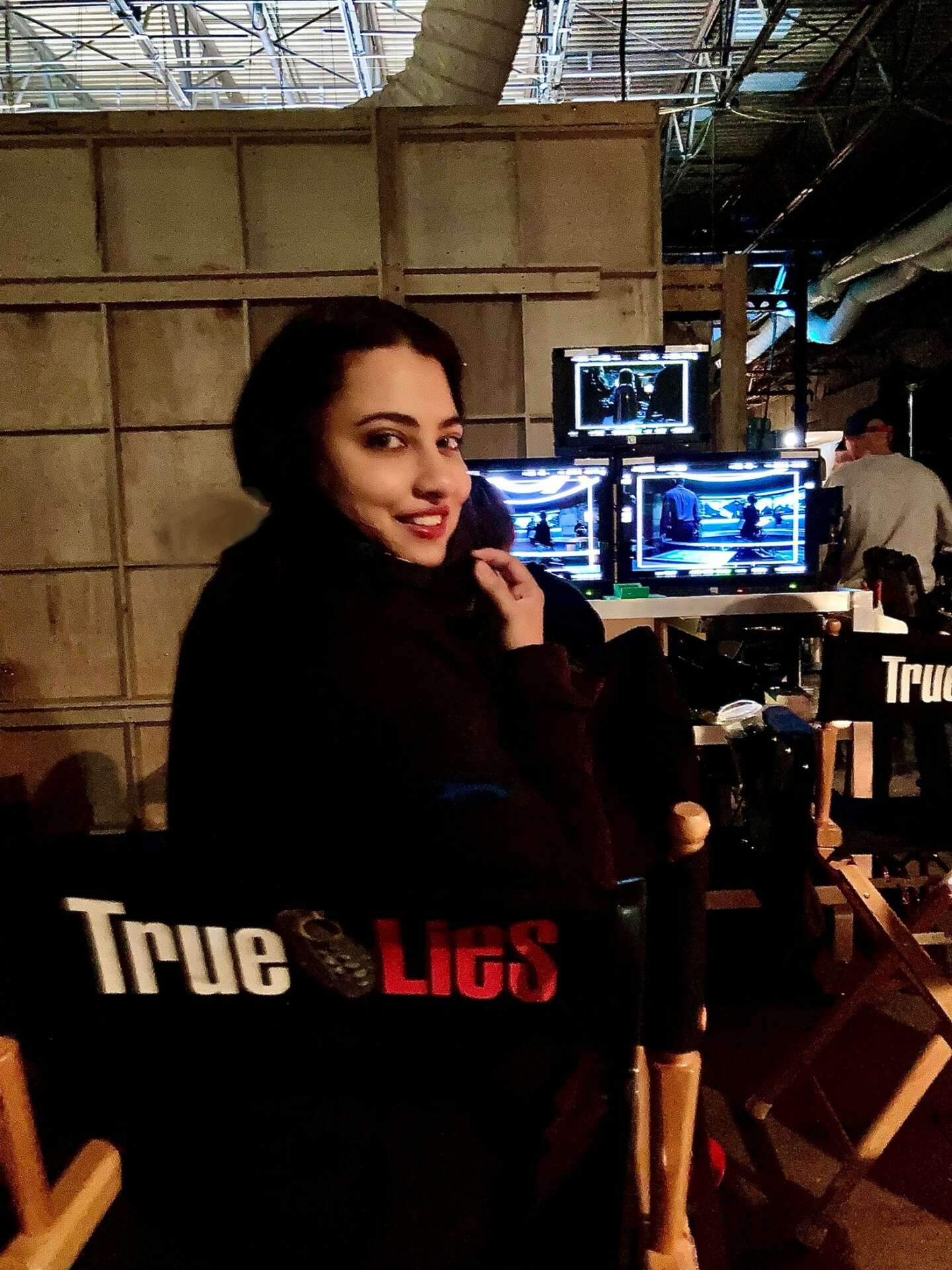Alright – so today we’ve got the honor of introducing you to Minoti Vaishnav. We think you’ll enjoy our conversation, we’ve shared it below.
Minoti, thanks for joining us, excited to have you contributing your stories and insights. Can you open up about a risk you’ve taken – what it was like taking that risk, why you took the risk and how it turned out?
I moved to Los Angeles from India when I was 19 years old to work in the entertainment industry. I didn’t know a soul here, but it didn’t matter to me — I was going to make it no matter what. I hit the ground running when I got here, producing music, events, film and television all while getting my degree in Screenwriting. After college I worked in documentaries, then in unscripted television for every major network from Discovery Channel to Netflix, and finally found my way to my passion — scripted TV, which is the medium I currently work in. Had I not taken the massive risk of changing my entire life and moving here on my own, I wouldn’t have a career as a successful TV writer and producer.

Minoti, before we move on to more of these sorts of questions, can you take some time to bring our readers up to speed on you and what you do?
I grew up in India watching Buffy the Vampire Slayer and The X Files and I always knew that’s what I wanted to do — write for and create television shows. I moved to Los Angeles and studied screenwriting, making sure I learned the basics of what I wanted to do. Then, as I gained experience in the industry taking any job I could find — from documentary awards coordinator to music composer — I continued to write and practice my craft to make sure my scripts were good and that my writing was improving. Eventually, I gained traction in the industry and started working in unscripted television as a producer where I learned a lot about not only developing television, but dealing with big networks and studios. While I navigated these waters, I got a Masters degree in Creative Writing from Oxford University and continued to apply to contests and fellowships with my scripts. Along the way I won many contests and was a finalist in all the major network fellowships (except Disney — I never cracked that one, which is ironic because I ended up working for them. But we’ll get there…). After years of hard work, I signed with my first manager off a contest win, and a year later I got into the Paramount Writers Mentoring Program. Through that program, I gained my first staff writer job on THE EQUALIZER (Produced by Universal TV for CBS). After that, I staffed on TRUE LIES (produced by Disney/20th Television for CBS). Working on those shows was my childhood dream come true. And this is only the beginning. My ultimate goal (after this historic strike that we are currently in the midst of is over) is to create and showrun my own shows. Until then, I’m happy on the picket lines fighting for a fair deal, and once we get that, I’m looking forward to staffing on a new TV show again.

Let’s talk about resilience next – do you have a story you can share with us?
I came to Los Angeles as an international student and ended up getting a visa to stay here. Statistically, something like 96% of international students who come here to study end up going back to their home country.
The odds of getting into a television writing fellowship are less than 1%. This means you have better odds getting into Harvard then getting into a fellowship. I applied to fellowships for 5 years and I always got close — finalist here, semi-finalist there — but by year 5, I still hadn’t gotten in and I was about to give up because I knew the odds. And then a friend said to me, “Yes, the odds are against you. But if you don’t apply, then the odds are zero.” I applied. And that was the year I got in.
And speaking of odds, when you join the WGA, one of the things you learn in orientation is that it is more statistically possibly to have a career as a professional athlete than to be a working screen/tv writer and a member of the WGA.
I have beat the odds multiple times. But the only reason for that is that I never gave up. I just relentlessly kept going for my goals. And that is why I am still here today.

In your view, what can society to do to best support artists, creatives and a thriving creative ecosystem?
Learn more about what artists and creatives actually do and don’t assume you know anything about our work or how much money we make. Time and again I’ll see people argue with big-name writers on social media about how the industry works… and the people arguing don’t even work in the industry. If you don’t work in this business, listen to creatives about what it’s like rather than just assume and argue. Don’t think that we can be replaced by AI because newsflash — we can’t. Don’t assume that writing is so easy anyone can do it — they can’t. You try it. You’ll see. Support us by respecting us and what we do because you consume what we create. Without artists, society would be bored and uneducated. People would have little to talk about because there would be no movies or television or books or paintings. Society needs art, and the more people realize that and respect that, the better our world will become.



